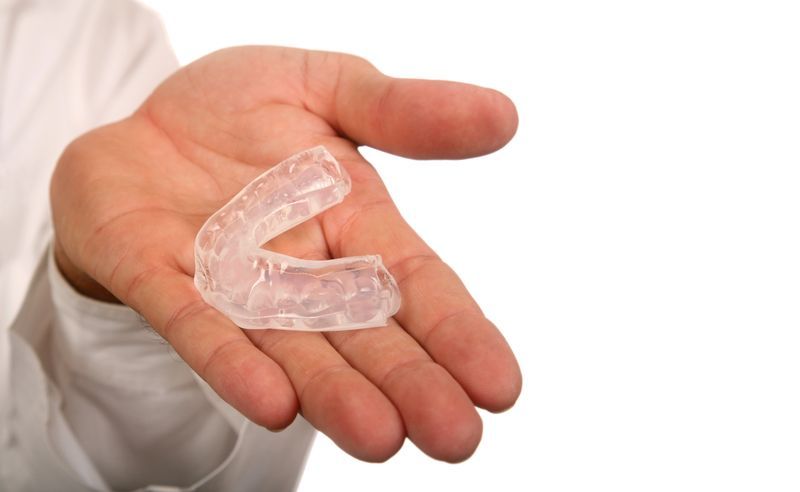Who Needs Night Guards?

Do you suffer from teeth grinding or clenching while you sleep? If so, then using a night guard is essential for protecting your teeth from the wear and tear caused by these activities. Not only can grinding and clenching cause worn tooth enamel, cavities, chipping, and fractures; but it can also lead to long-term damage if left untreated. Fortunately, there are several types of night guards available that can help protect your teeth from the effects of these habits.
In this article, we will discuss why night guards are important and provide tips on how to choose the right one for you.
People with Bruxism
People with bruxism, or the condition of teeth grinding and clenching while sleeping, can cause serious damage to the teeth. Prolonged grinding and clenching during sleep can wear away tooth enamel, resulting in cavities. It can even chip or fracture teeth. To prevent this kind of damage to your teeth it is important to use a night guard when you sleep.
A night guard is a flexible plastic device that fits over your upper or lower teeth and prevents them from touching each other while you sleep, thus protecting them from the wear and tear of grinding and clenching. Night guards are easy to fit over the mouth but are customizable for those with severe cases of bruxism who require more protection for their teeth. Using a night guard correctly is essential for both comfort and effectiveness when treating bruxism-related dental problems such as worn tooth enamel, cavities, chipping, or fractures caused by grindings/clenching during sleep cycles.
Individuals with TMJ Disorders
For individuals who suffer from Temporomandibular Joint (TMJ) Disorders, the importance of using a night guard cannot be overstated. TMJ disorders can affect the temporomandibular joint, which connects the jawbone to the skull, and can cause pain and discomfort in the jaw, head, neck, and shoulders. People with TMJ Disorders tend to clench their jaw or grind their teeth while sleeping, which can cause damage to their teeth and exacerbate their symptoms.
Worn tooth enamel, cavities, and even chipping or fractures are just a few of the problems that can arise from grinding and clenching during sleep. If left untreated, TMJ Disorders can lead to chronic pain, reduced mobility, and even permanent damage to the jaw joint.
Athletes and Sports Enthusiasts
Night guards aren't just for people who grind their teeth while sleeping. They are also essential for athletes and sports enthusiasts who engage in high-impact physical activities. Teeth grinding and clenching can cause serious damage to your teeth, and sports activities pose a similar risk. Athletes and sports enthusiasts are particularly susceptible to dental injuries, especially those who play contact sports like football, boxing, and hockey. These activities often involve collisions, falls, and hits to the face that can cause chipping, fractures, and even tooth loss.
Wearing a night guard can provide an extra layer of protection against these types of injuries.
In addition to protecting the teeth from physical trauma, night guards can also prevent damage caused by teeth grinding and clenching. These activities can cause worn tooth enamel, cavities, and even more serious dental complications like temporomandibular joint (TMJ) disorder. Athletes and sports enthusiasts who grind their teeth or clench their jaws during sleep are at an increased risk for these conditions. A night guard can help alleviate these problems by reducing the pressure and stress on the teeth and jaw.
In conclusion, night guards are an important tool for anyone who suffers from bruxism or TMJ disorders while they sleep. They can also be beneficial to athletes and sports enthusiasts. So if you think you may need one, don’t hesitate—consult with your dentist today about which type is best for you.
Need a night mouth guard?
Let us help you
get set up with a properly fitting mouth guard.


